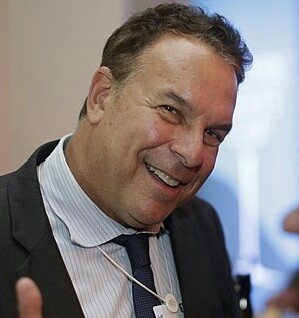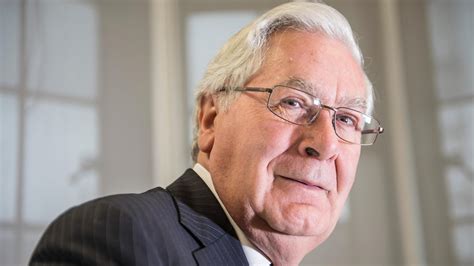A Quote by Evgeny Morozov
Making loans accessible to millions of the previously unbankable customers is a noble goal. Getting them hooked to such loans isn't.
Related Quotes
Making loans and fighting poverty are normally two of the least glamorous pursuits around, but put the two together and you have an economic innovation that has become not just popular but downright chic. The innovation - microfinance - involves making small loans to poor entrepreneurs, usually in developing countries.
Too-easy credit and millions of bad loans made during the U.S. housing bubble paved the way for the financial calamity and Great Recession that followed. Today, by contrast, credit is too tight. Mortgage loans are particularly hard to get, creating a problem for the housing market and the broader economy.





































